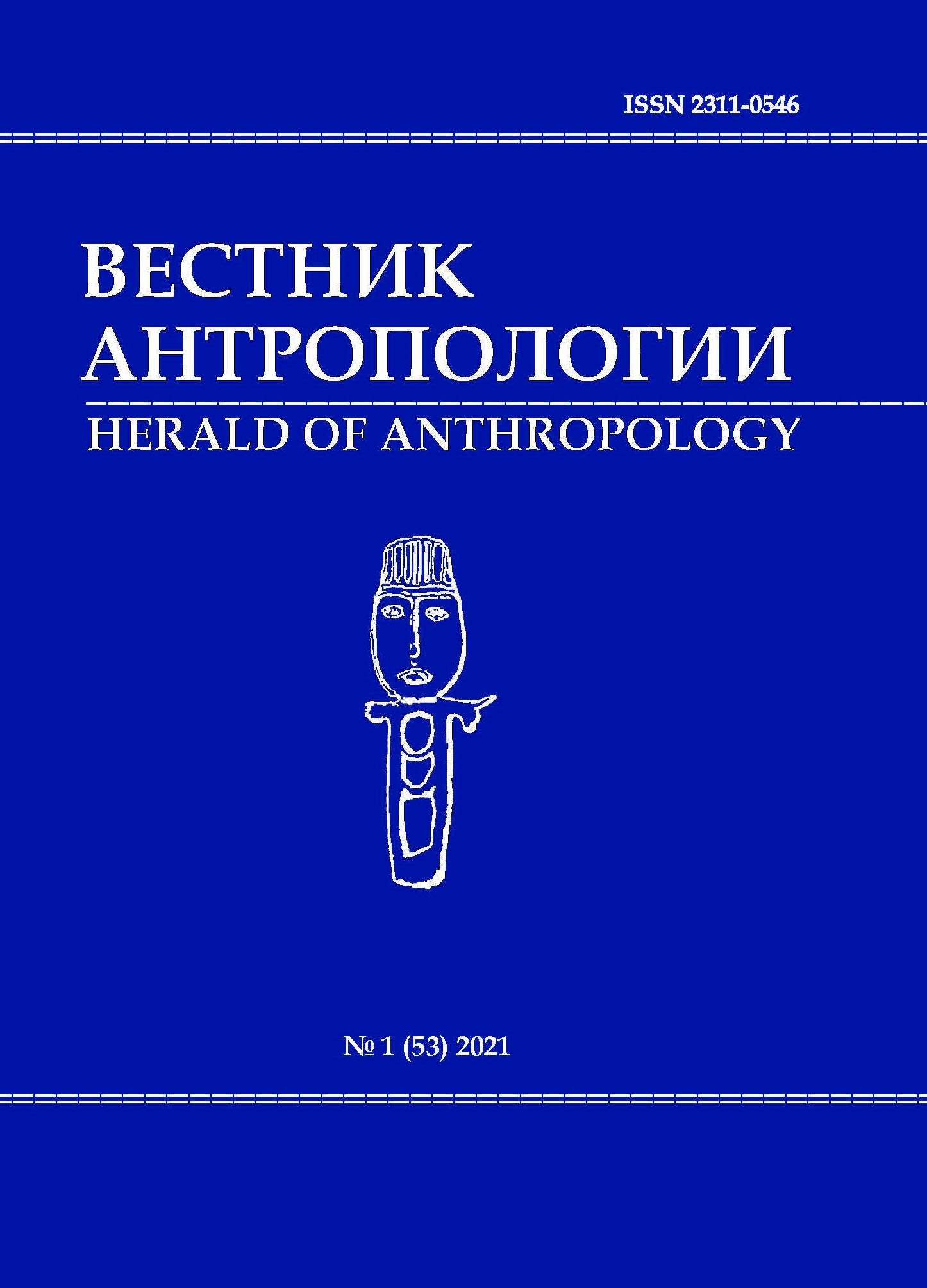«Дизайнерские дети» как профилактика инвалидизации общества
DOI: 10.33876/2311-0546/2021-53-1/91-103
Ключевые слова:
инвалидизация общества, биомедицинские ГМ-технологии, дизайнерские дети, трансгуманизм, молодежь, общественное мнениеАннотация
Медикализация человеческой жизни расширяет свои возможности и права в сферах, которые были/есть табу в координатах традиционной морали. В статье анализируется проблема конструирования будущего общества через создание «дизайнерских детей», в том числе для предотвращения инвалидизации населения с помощью биомедицинских ГМ-технологий. В отличие от ученых общественное мнение пока не готово к прогнозированию последствий, рассматривая биомедицину только как эффективный способ борьбы с болезнями. На уровне обыденного сознания нет предубеждений к исследованиям в данном направлении, лишь незначительная часть населения задумывается об отдаленных медицинских и социальных последствиях данных операций. В мире всегда существовали «ученые-еретики», работающие вне границ академий и институтов. Сегодня среди них могут быть и «биохакеры», чьи исследования финансируются частными лицами, заинтересованными в результатах для решения собственных целей и проконтролировать их работу не в силах ни один закон, ни одно государство, Среди ученых всегда были люди, готовые рискнуть всем ради нового слова в науке. В средние века они шли на костер, тем более не остановит научный прогресс наказание в несколько лет тюремного срока сегодня. Изменив этические границы для себя, они будут изменять мораль большинства. Пассивность общества сегодня спровоцирует политиков завтра на принятие решений, способствующих дальнейшей десакрализации человеческого тела в самых разных направлениях.
Ссылка при цитировании: Широкалова Г.С. «Дизайнерские дети» как профилактика инвалидизации общества // Вестник антропологии, 2021. № 1 (53). С. 91–103.






















